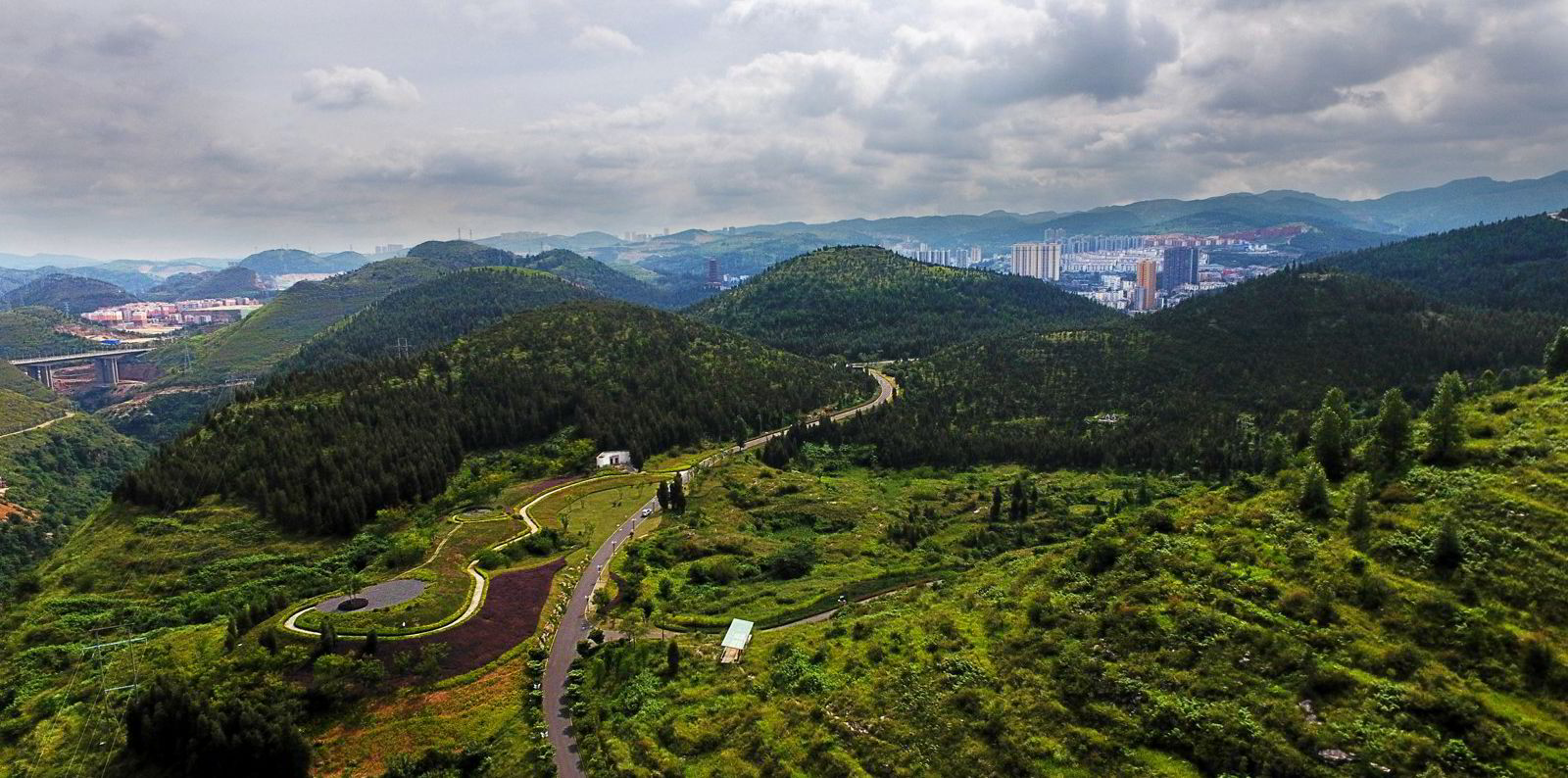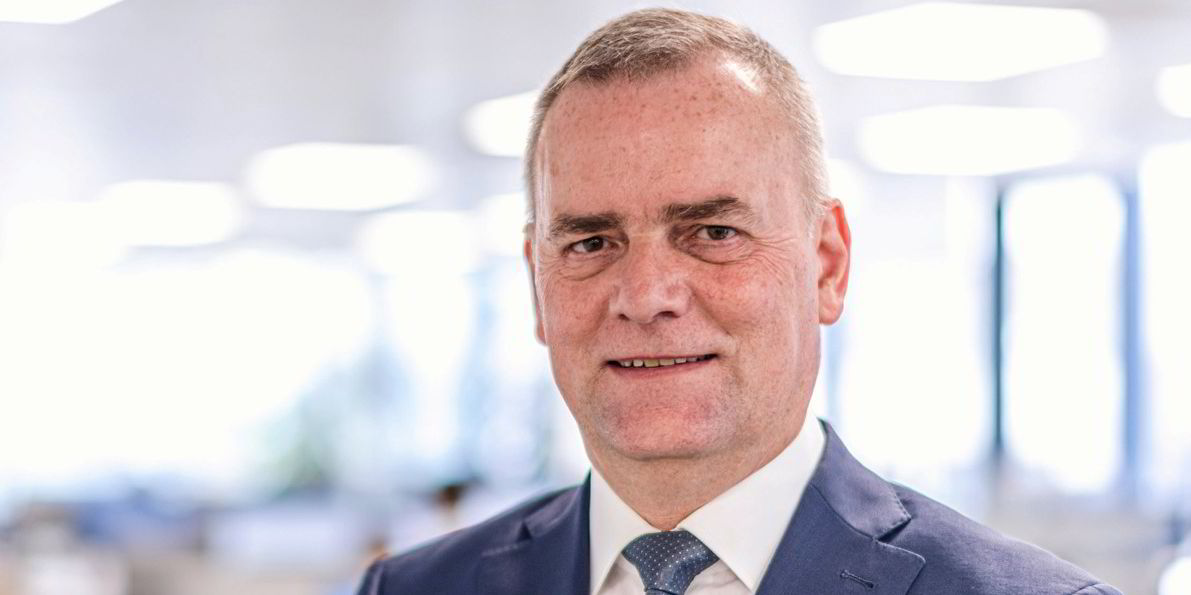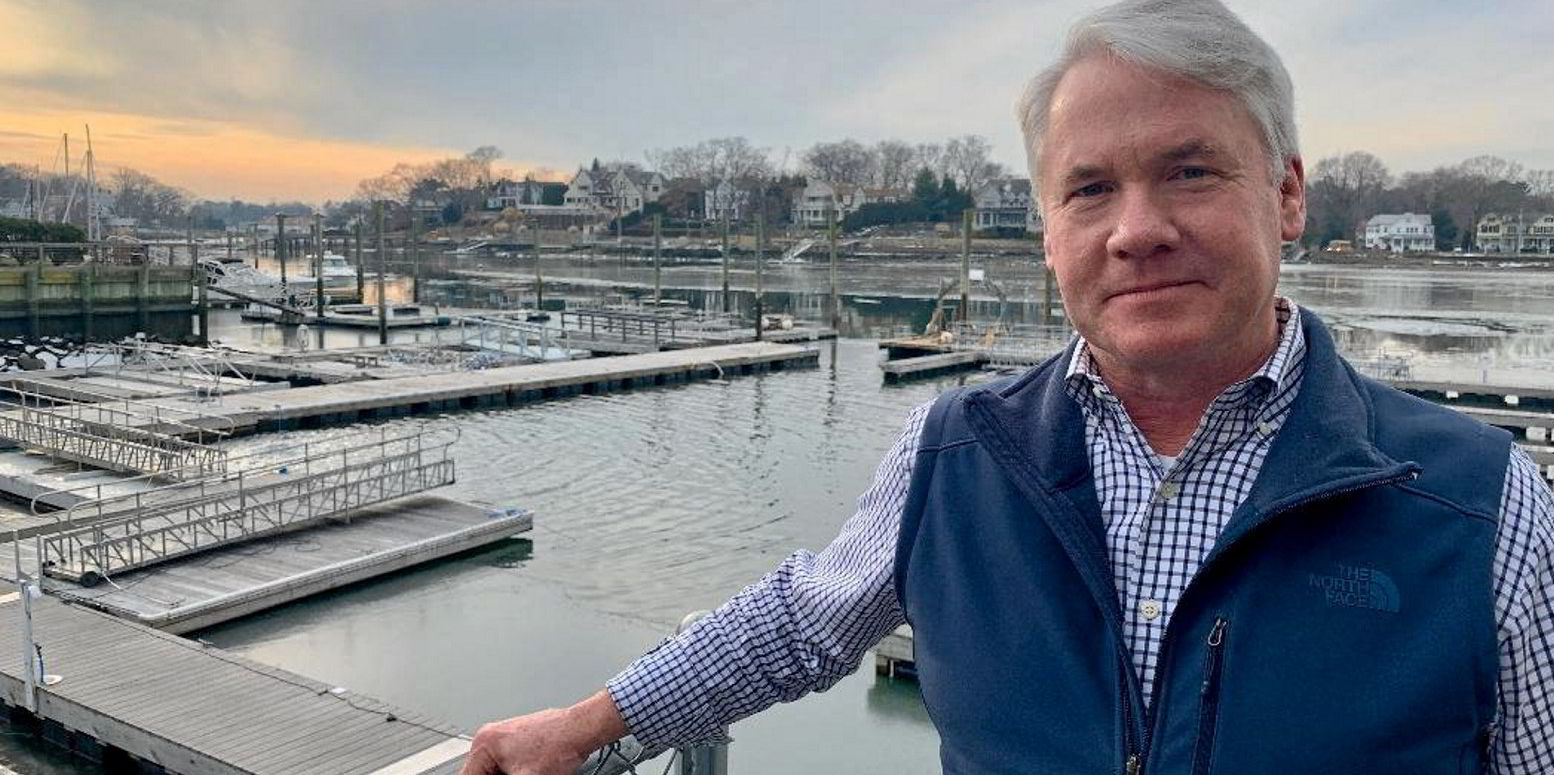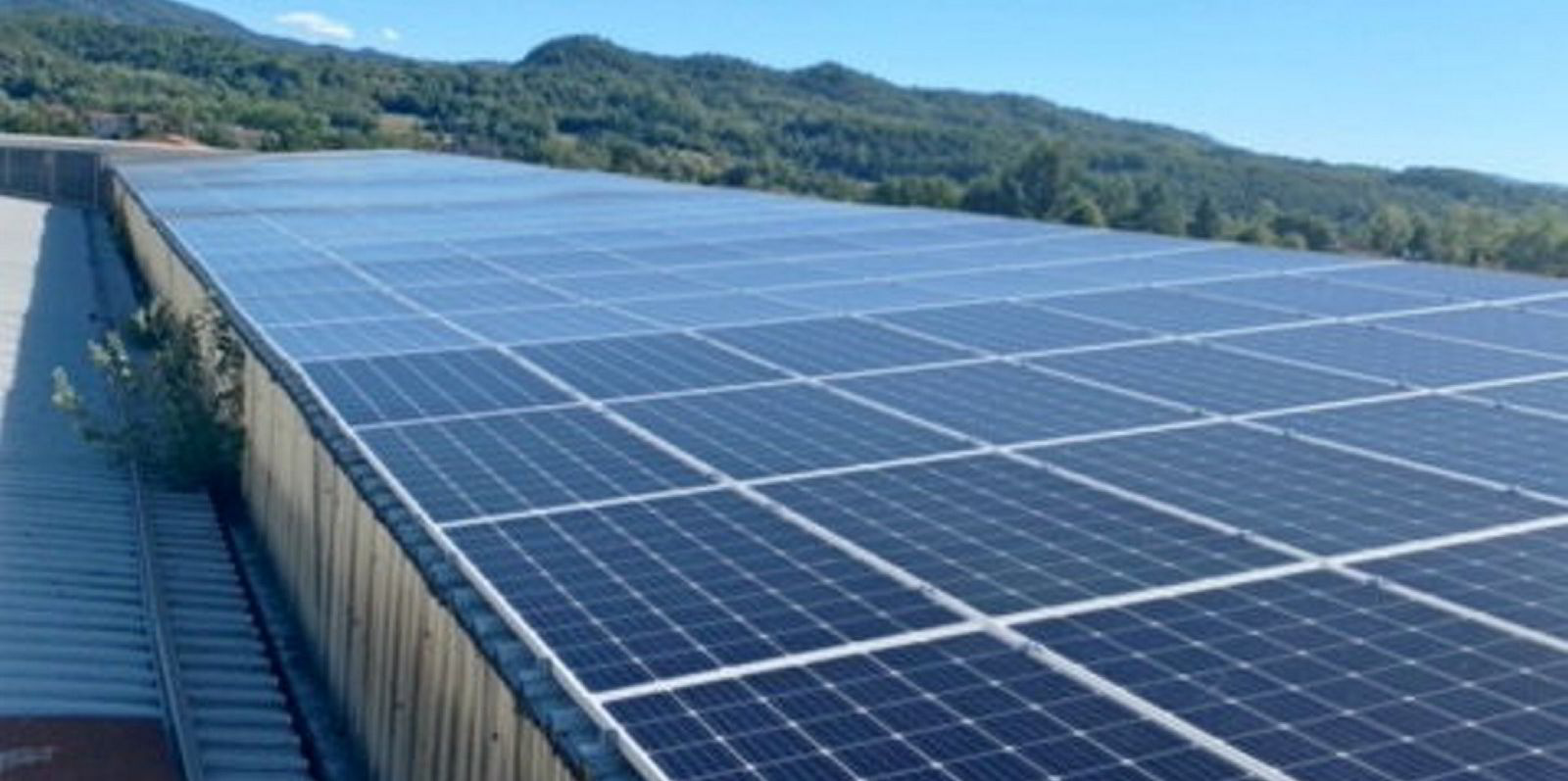Carbon offsetting — compensating for CO2 emissions by reducing them in unrelated sectors — will always have a place in decarbonising maritime, some observers say.
Others contend that the practice, which has been long adopted by the airline industry, gives misleading results and will be unnecessary in a sector that will be carbon-free one day.
KPI OceanConnect, a Danish bunker provider founded in 2020 between the merger of KPI Bridge Oil and OceanConnect, is a strong backer of the concept, having set up a carbon-offsetting service in July for its customers.
Chief executive Soren Holl said maritime will never be completely carbon-free.
“We can say it comes to a surprise to many of our clients that, even if we talk about alternative fuel, there will be a carbon footprint,” he told TradeWinds.
“When you burn green fuel, there will still be a carbon footprint just to produce it.”
Carbon offsetting at least helps shipping reduce emissions while alternative fuels with lower carbon levels are developed, said Bill Wakeling, who heads KPI OceanConnect’s new future fuels division.
“That’s why offsetting is an interesting thing to look at,” he told TradeWinds.
“This is the thing going forward that people will have to do.”
KPI OceanConnect plans to offer its carbon-offsetting service to clients for conventional and alternative fuels. It would not disclose how much it will charge for it.

Wakeling said carbon offsetting would work well with LNG, a popular transition bunker that produces 25% less emissions than conventional maritime fuels.
“The other thing, of course, is that you suddenly can’t change all the ships’ engines overnight, so it’s a huge thing for the industry,” he said.
KPI OceanConnect is offering the service as a consultancy for buyers either complying with the European Union’s emissions trading scheme or participating in a voluntary market for carbon offsetting.
“We see our role in guiding our customers through this transformation … to become more ... carbon neutral going forward,” he said.
KPI OceanConnect will develop “green” projects such as solar panel installations for participants in the voluntary market.
“We can show them if they do buy these offsets that there’s a story behind this and it’s improving people’s lives as well,” Wakeling said.
But Tristan Smith, reader in shipping and energy at University College London’s UCL Energy Institute, offered a very different view.
He believes carbon offsetting will become obsolete in maritime because the industry can become completely carbon-free, as other sectors have done.
“All my domestic electricity use and my main car are both zero-emissions on a life-cycle basis, at least on the basis that shipping’s life-cycle emissions accountancy is being proposed,” he told TradeWinds.
To say that shipping will not achieve zero-carbon status erroneously suggests that the International Maritime Organization regulation will neither enforce the agency’s intent nor spur innovation to decarbonise maritime, Smith said.
“It would be a bit like pronouncing in 1990 that all tankers would never go double hull,” he said.
He also said the voluntary market diverts investment in decarbonisation away from maritime by earmarking funds for green projects unrelated to the sector.
“They also give someone a false impression that they are contributing to avoiding dangerous climate change or managing their climate risk,” Smith said.
“All voluntary markets are doing [is] creating a false sense of security, AKA a bubble.”
And all participants in maritime — whether owners, charterers or bunker providers — see it as in their best interest to switch conventional bunkers for carbon-free fuels as soon as possible, he believes.
“A corporate strategy that bets on using traditional bunkers and … voluntary carbon markets is already taking a risk on its market share, even before the regulatory compliance risk of this strategy is considered,” he said.
Zero-carbon renewable fuels such as ammonia will always have life-cycle emissions, but carbon offsetting is still a “dangerous” way to reach decarbonisation, according to Faig Abbasov, Transport & Environment shipping programme director.
“The majority of offsets are flawed and could lead to emissions increase as opposed to reduction,” he told TradeWinds.
Further, it may not be technically feasible to eliminate carbon emissions in sectors such as agriculture, he said.
“So long as human society uses beef and cows always belch methane — a potent greenhouse gas — there will always be emissions associated with farming,” he said.
“Lastly, any use of offsetting in shipping will only delay the pressure on the industry to start deploying alternative fuels in the immediate future.”






